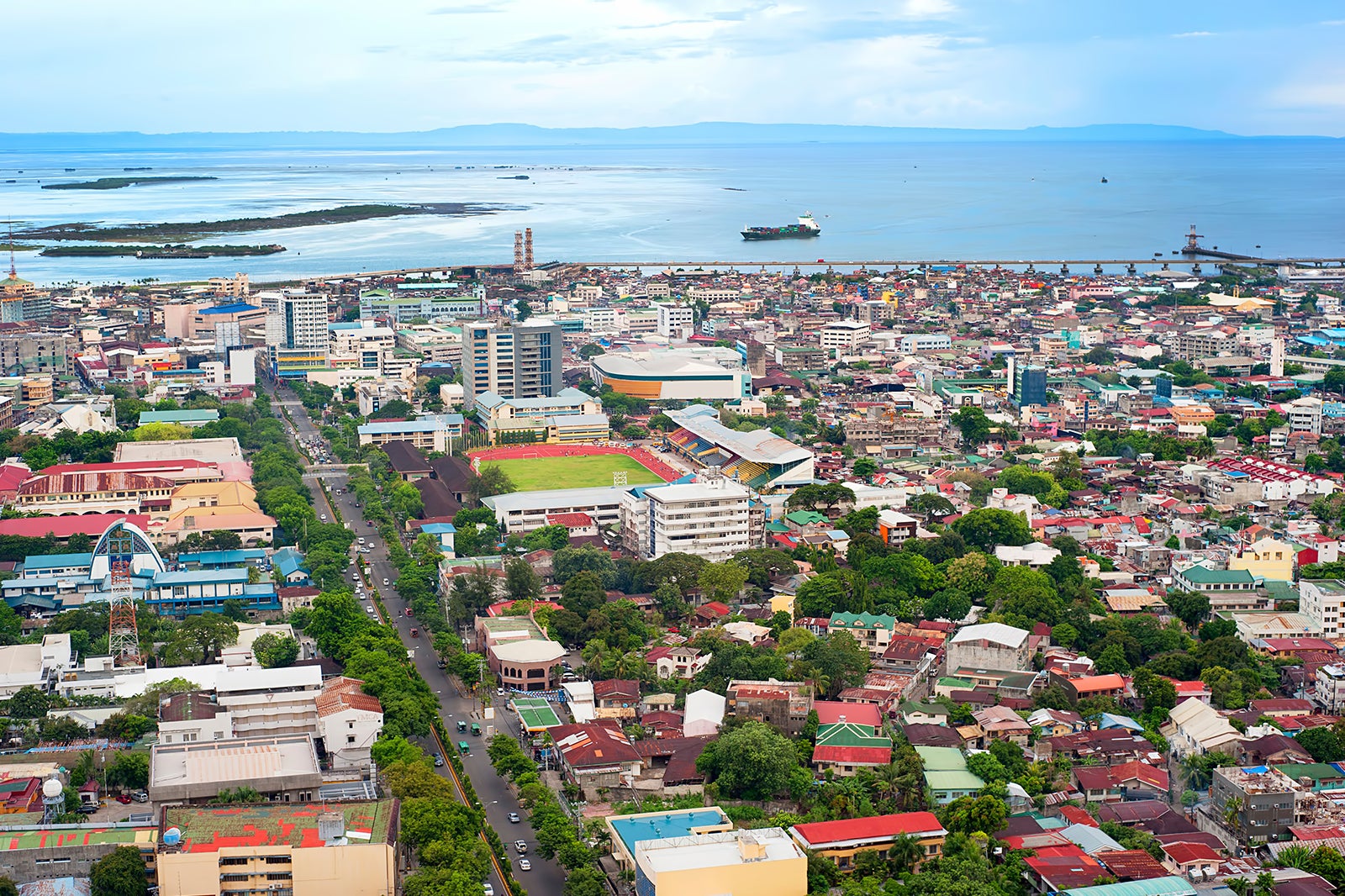Personal finances play a significant role in shaping the lives of individuals across the Philippines. This article aims to explore how the personal finances of Cebuanos, residents of Cebu, relate to those of people in other parts of the country. By examining key aspects such as income levels, expenses, savings habits, and financial goals, we can gain insights into the similarities, differences, and overall financial well-being of individuals in various regions of the Philippines.
1. Income Levels:
Income levels vary across different regions of the Philippines, and Cebu is no exception. As one of the country’s major economic hubs, Cebu offers a range of employment opportunities, attracting a diverse workforce. The income levels of Cebuanos tend to be higher compared to individuals residing in more rural areas. Cebu’s economic growth and thriving industries, including manufacturing, tourism, and services, contribute to higher earning potential for its residents. However, it is important to note that income disparities exist even within regions, with some Cebuanos facing financial challenges and lower income brackets. This is particularly the case in rural areas out in the provinces further from Cebu City.
2. Expenses and Cost of Living:
The cost of living and expenses in Cebu may vary in comparison to other regions in the Philippines. Cebu, being a metropolitan area, generally experiences higher living costs, including housing, transportation, and healthcare expenses. As urban centers offer a wider array of goods and services, individuals in Cebu may encounter higher prices for consumer goods and entertainment. However, it is essential to consider that the cost of living can differ significantly even within Cebu itself, with disparities between urban and rural areas.
3. Savings and Financial Habits:
Savings habits among Cebuanos can reflect their financial priorities and cultural influences. Cebu has a strong entrepreneurial culture, with many individuals engaging in small businesses or self-employment. This entrepreneurial spirit often leads to a focus on saving for business growth and investment opportunities. Additionally, Cebuanos generally prioritize long-term financial security and often save for education, retirement, or emergency funds. However, it is important to note that personal savings habits can vary significantly among individuals, influenced by factors such as income levels, education, and financial literacy.
4. Financial Goals and Aspirations:
The financial goals and aspirations of Cebuanos may align with those of individuals in other parts of the Philippines. Common objectives include homeownership, educational advancement, business expansion, and retirement planning. However, cultural nuances and regional economic dynamics may also shape specific financial goals in Cebu. For instance, Cebu’s strong tourism industry may inspire locals to save for travel experiences or investment opportunities in the hospitality sector. Similarly, the presence of educational institutions and the emphasis on education in Cebu may drive individuals to prioritize saving for their children’s education.
5. Challenges and Opportunities:
While Cebu enjoys economic growth and employment opportunities, it is important to acknowledge the challenges that individuals face in managing their personal finances. Rising living costs, inflation, and income inequality can pose hurdles to financial stability for many Cebuanos. Access to financial services, including affordable credit and banking facilities, can also impact the financial well-being of individuals in different regions. Efforts to improve financial literacy and promote inclusive financial services are crucial in addressing these challenges and creating more equitable opportunities for all Filipinos, including Cebuanos.
Conclusion:
Personal finances in Cebu reflect a dynamic landscape that is influenced by various factors such as income levels, expenses, savings habits, and financial goals. Cebuanos, known for their strong work ethic, resilience, and entrepreneurial spirit, navigate the unique economic circumstances of their state with determination and resourcefulness.
As one of the country’s major economic hubs, Cebu boasts a thriving economy driven by industries such as manufacturing, tourism, and services. This economic prosperity provides Cebuanos with diverse employment opportunities and higher earning potential compared to individuals in more rural regions. However, it is essential to acknowledge that income disparities exist within Cebu, with some facing financial challenges and lower income brackets.
The cost of living in Cebu, influenced by its metropolitan nature, tends to be higher compared to other parts of the Philippines. Housing, transportation, and healthcare expenses may pose financial challenges for some individuals. Nevertheless, Cebuanos embrace the opportunities that urban centers offer, seeking employment and engaging in entrepreneurial endeavors to overcome these challenges.
Savings habits among Cebuanos reflect their financial priorities and the entrepreneurial culture prevalent in the region. Many Cebuanos prioritize long-term financial security, savings for business growth, and investment opportunities. They understand the importance of saving for education, retirement, and emergency funds, driven by a desire to provide a better future for themselves and their families.
Financial goals and aspirations in Cebu align with those of individuals in other parts of the Philippines, with a focus on home ownership, educational advancement, business expansion, and retirement planning. However, Cebu’s unique economic circumstances shape

Leave a Reply